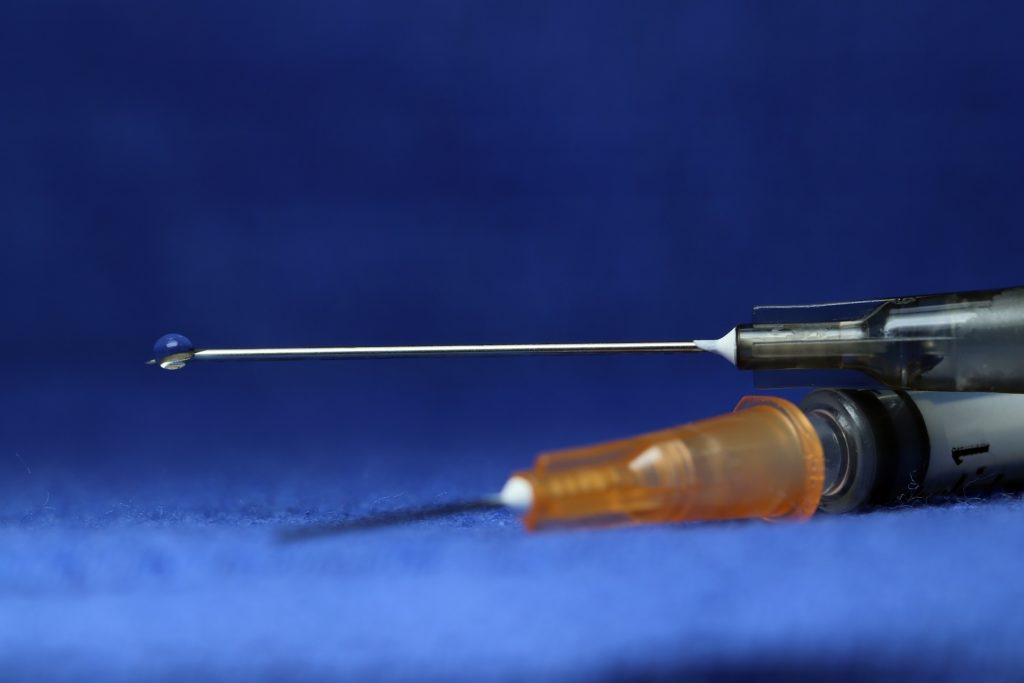The Moderna COVID-19 vaccine has been shown to have 94% efficacy, and a new study says it can cause antibodies to survive in the immune system for at least three months.
In a study by the National Institute for Allergies and Infectious Diseases (NIAID), which co-developed the vaccine, researchers analysed the immune response of 34 participants during their first clinical trial stage.
The healthy adult participants received two injections of the vaccine at a dose of 100 μg, 28 days apart.
Their findings, published in the New England Journal of Medicine, show that antibodies, which are necessary for preventing the SARS-CoV-2 virus from invading human cells, remained in good levels three months after participants received the vaccine.
“At the 100-μg dose, mRNA-1273 produced high levels of binding and neutralizing antibodies that declined slightly over time, as expected, but they remained elevated in all participants 3 months after the booster vaccination,” reads the study.
“These results show that despite a slight expected decline in titers of binding and neutralizing antibodies, mRNA-1273 has the potential to provide durable humoral immunity.”
The study also revealed that the vaccine activated a particular immune cell that assists in the memory response to infection, which could mean that immunity could last even longer than three months. Further studies are needed to confirm if this is true.
Moderna filed for emergency authorisation with the US Food and Drug Administration (FDA) on November 30. The advisory committee is expected to meet on December 17 to consider its merit.
If approved, the Moderna vaccine could be rolled out in the US by December 22, according to Operation Warp Speed documents obtained by CNN.
The FDA will also consider Pfizer’s application for emergency authorisation in the US on December 10, and if approved could be rolled out in the country on December 15.
The Pfizer vaccine was granted emergency authorisation by the UK‘s Medicines and Healthcare products Regulatory Agency (MHRA), and the first shots are expected to be rolled out next week to priority groups.
Picture: Pixabay

